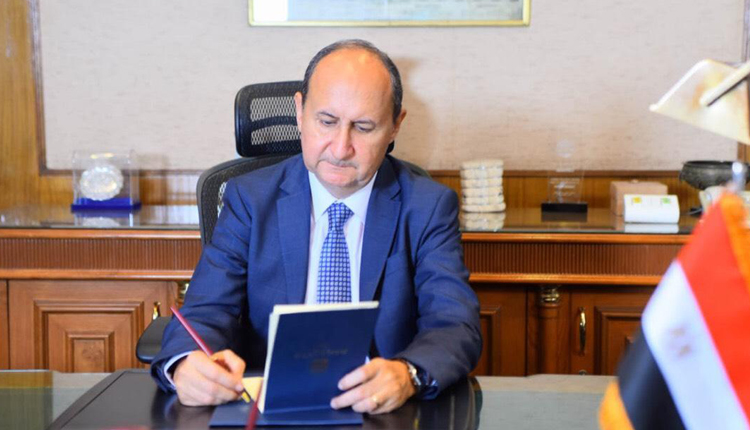Egyptian Trade Minister Amr Nassar on Tuesday announced that his country’s exports to the United States under the Qualified Industrial Zones (QIZ) protocol rose 16.8 percent to $877 million in 2018.
In 2017, Egypt’s QIZ exports to the U.S. stood at $751 million.
Signed in late 2004, QIZ agreement granted Egyptian clothing manufacturers zero-tariff access to the US market as long as their products contained at least 10.5 percent Israeli input.
QIZ agreement was established by the U.S. Congress in 1996 to build economic ties between Israel and its neighbours.
Egypt hopes to expand the reach of the QIZ agreement to include leather and some food products to export.
Qualifying Industrial Zones in Egypt are currently located in six regions; Cairo, Alexandria, Suez, Central Delta, Minya, and Beni Suef, head of QIZ division at Egypt’s trade ministry Ashraf Al Rabie earlier told Amwal Al Ghad.
Since the agreement took effect in February 2005, it has allowed products jointly manufactured by Egypt and Israel duty-free entry into the U.S. Eligible products must have at least 35 percent of their value added by QIZ factories. Egypt must contribute at least one-third (11.7 percent) of this value add, while Israel must contribute 10.5 percent.
At the beginning of April 2017, Egypt’s government held talks to lower the Israeli input requirement to 8 percent.
Meanwhile, the Egyptian exports under the U.S. Generalised System of Preferences (GSP) programme increased 1.01 percent to $89 million in 2018 against $88 million a year earlier, the minister added.
“The Egyptian-U.S. economic relationship is strategic that focuses on achieving sustainable development and maximising from the massive investment, trade, and industrial potentials in both countries,” Nassar said.
As for Egypt’s non-petroleum exports to U.S., they also went up by 14.8 percent to $1.658 billion from $1.444 billion in 2017.
Egyptian imports to U.S. grew 26.6 percent to around $5.056 billion, compared with $3.991 billion.
“Trade exchange between the two countries, including petroleum and non-petroleum products, increased 34 percent to $7.537 billion against $5.628 billion in 2017,” the minister added.


